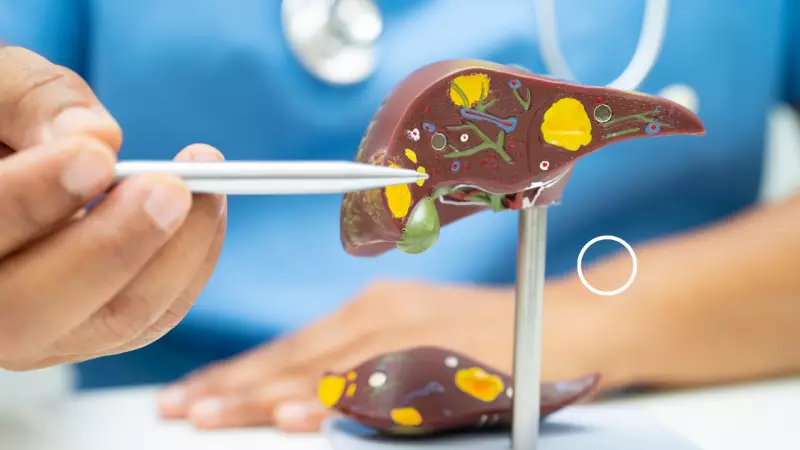
In a concerning medical trend that's alarming healthcare professionals nationwide, liver cancer is no longer confined to high-risk groups. Recent data reveals a disturbing pattern: otherwise healthy individuals with no traditional risk factors are increasingly being diagnosed with hepatocellular carcinoma (HCC), the most common form of liver cancer.
The Silent Threat: When Healthy Livers Turn Cancerous
Traditionally, liver cancer has been associated with specific risk factors including chronic hepatitis B or C infections, cirrhosis, excessive alcohol consumption, and long-term smoking. However, doctors are now witnessing a paradigm shift where patients with seemingly healthy lifestyles are developing the disease.
"We're seeing patients in their 40s and 50s who exercise regularly, maintain healthy weights, and don't have traditional risk factors," explains Dr. Arvinder Singh Soin, chairman of Liver Transplantation at Medanta Hospital. "This new pattern is particularly worrying because these cases are often detected at advanced stages when treatment options are limited."
Hidden Culprits: What's Driving This Dangerous Trend?
Medical experts point to several potential factors behind this alarming development:
- Non-alcoholic fatty liver disease (NAFLD): Often called the 'silent epidemic,' NAFLD affects nearly 25-30% of the Indian population and can progress to cancer without noticeable symptoms
- Environmental toxins: Increased exposure to pesticides, industrial chemicals, and food contaminants
- Metabolic disorders: Underlying conditions like diabetes and insulin resistance that may go undetected
- Genetic predispositions: Certain genetic markers that increase susceptibility
Early Warning Signs: Don't Ignore These Symptoms
Early detection dramatically improves survival rates. Watch for these crucial warning signs:
- Unexplained weight loss without changes in diet or exercise
- Persistent abdominal pain, especially in the upper right area
- Loss of appetite and feeling full quickly after small meals
- Nausea and vomiting without apparent cause
- General weakness and fatigue that doesn't improve with rest
- Yellowing of skin and eyes (jaundice)
- Dark urine and pale stools
Protective Measures: How to Safeguard Your Liver Health
Doctors emphasize that prevention and regular monitoring are key to combating this trend:
- Regular health check-ups: Include liver function tests in your annual health screening
- Maintain healthy weight: Obesity is a significant risk factor for fatty liver disease
- Limit alcohol consumption: Follow recommended guidelines for alcohol intake
- Vaccinations: Ensure you're vaccinated against hepatitis B
- Healthy diet: Reduce processed foods, sugar, and saturated fats
- Exercise regularly: Aim for at least 150 minutes of moderate activity weekly
"The message is clear: liver cancer can affect anyone, regardless of lifestyle. Being proactive about liver health is no longer optional—it's essential for everyone," concludes Dr. Soin.





